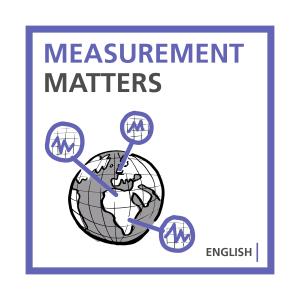
A 'custom(s)-made' approach to detecting illicit financial flows - with Bob Rijkers, Senior Economist at the World Bank
World Bank Senior Economist Bob Rijkers discusses how matching customs declarations data can help detect illicit financial flows.

World Bank Senior Economist Bob Rijkers discusses how matching customs declarations data can help detect illicit financial flows.
How we measure corruption shapes how we view and address the problem - but measuring corruption is also extraordinarily difficult and complex.
The Global Programme for Measuring Corruption ('GPMC') recently held a 'think-in' at their HQ in the International Anti-Corruption Academy, in Vienna, to examine one area that is particularly hard to measure – Illicit Financial Flows, or IFFs, and specifically the IFFs that arise from grand corruption.
The GPMC assembled a team of practitioners and academics to debate and discuss the topic over three days in Vienna.
In this podcast recorded at the 'think-in', Bob Rijkers, a Senior Economist at the World Bank, discusses a paper he co-authored about using using customs declarations data to detect IFFs.
Here is the link to his published paper on corruption in Madagascar customs: https://academic.oup.com/qje/article/138/1/575/6695012
The working paper version can be found here: https://documents1.worldbank.org/curated/en/726921634045778647/pdf/Corruption-in-Customs.pdf
The Tunisia research can be found here: https://www.sciencedirect.com/science/article/pii/S0304387816300608
The working paper can be found here: https://documents1.worldbank.org/curated/en/440461468173649062/pdf/WPS6810.pdf
If you enjoyed this conversation, and would like to listen to a round-up of the whole 'think-in' we have just the podcast for you.
In it, the co-organisers Liz David Barrett and Ken Okamura - discuss why they chose the topic, what they learnt from the 'think-in' and how it will inform future work.
If you would like to read an overview of the whole 'think-in' here’s our key insights brief published afterwards.
If you want to find out more about the programme, visit this link:
https://www.iaca.int/measuring-corruption
And if you have specific questions please feel free to email the team: gpmc@iaca.int
Get new episodes of Measurement Matters automatically